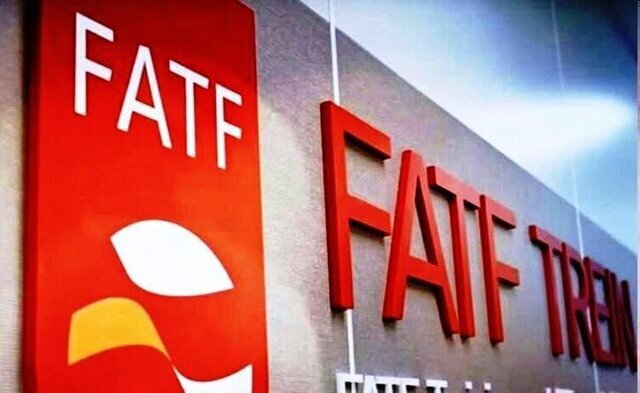Joining FATF will prevent economic isolation of Iran: MP

TEHRAN - Abolfazl Soroush, a member of the Hope parliamentary faction, has said that joining the Financial Action Task Force will prevent economic isolation of Iran.
“The truth is that Iran’s joining to the FATF will not result in a miracle, however, it will prevent worsening of the country’s economic situation,” he told ISNA in an interview published on Saturday.
He noted that joining the FATF does not mean an end to the United States’ sanctions, however, it will prevent doubling economic pressure on the country.
Mehdi Zakarian, an expert on international relations, also told IRNA in an interview published on Saturday that “standards of the FATF have turned into an international convention in countering corruption and money laundering, and Iran is required to join it in order to be present at the international arena.”
Hossein Abbasinejad, the dean of Tehran University’s faculty of economy, also told IRNA in an interview published on Saturday that it is wise to take a decision in line with the country’s interests.
He said that failure to join the FATF will cause more economic problems for the country.
The FATF must be studied regardless of factional disputes, Abbasinejad noted.
In a letter to the Leader of the Islamic Revolution Ayatollah Ali Khamenei, a number of MPs have pushed for the approval of the FATF by the Expediency Council.
MP Shahabuddin Bimeghdar told IRNA on Wednesday that the MPs are gathering more signatures about the need to join the FATF.
It is said in the letter that being blacklisted by the FATF will isolate the economy which is already restricted by the United States' “cruel sanctions”.
The MPs said failure to join the FATF will cause “closure of the bank accounts in foreign countries”, “accusations of money laundering against the country”, “international distrust”, “financial and banking crisis”, “inefficiency of Iranian bank branches in foreign countries” and also “destabilization in stock exchange market”.
Mahmoud Vaezi, President Rouhani’s chief of staff, said on Tuesday that being blacklisted by the FATF will definitely harm the economy.
Fatemeh Saeidi, a member of the Hope parliamentary faction, also told ISNA on Wednesday that those who opposes joining the FATF should accept responsibility for the consequences.
Mohsen Rezaee, secretary of the Guardian Council, said on Tuesday that Palermo and CFT bills are still under assessment in the council.
“The FATF-related bills (Palermo and CFT) are still under evaluation in the Expediency Council, so, I can’t say anything now (about the outcome of assessment),” Rezaee said, Fars reported.
In October 2018, the parliament voted to join the FATF. However, the Guardian Council rejected it. Now the ball is in the Expediency Council’s court.
When there is a dispute between parliament and the Guardian Council the issue is referred to as the Expediency Council for final arbitration.
The Paris-based Financial Action Task Force (FATF) said on October 18 that it has given Iran a final deadline of February 2020 to tighten its laws against money laundering in compliance with the global watchdog’s financial standards.
“If before February 2020, Iran does not enact the Palermo and Terrorist Financing Conventions in line with the FATF Standards, then the FATF will fully lift the suspension of counter-measures and call on its members and urge all jurisdictions to apply effective counter-measures, in line with recommendation 19,” the FATF said in a statement, Reuters reported.
The government is pushing for the approval of the FATF.
Iranian Deputy Foreign Minister Abbas Araghchi said on December 16 that the Expediency Council takes the final decision on the FATF, expressing hope its decision would be in line with the country’s “expediency”.
Majid Ansari, a member of the Expediency Council, told IRNA on December 16 that the council is still studying the CFT and the Palermo bill.
He declined to comment on whether the two bills would be finally rejected or approved by the council.
The Expediency Council issued a statement on Saturday announcing that the two FATF-related bills of Palermo and CFT have not yet received green light but they are under accurate assessment.
NA/PA
Leave a Comment